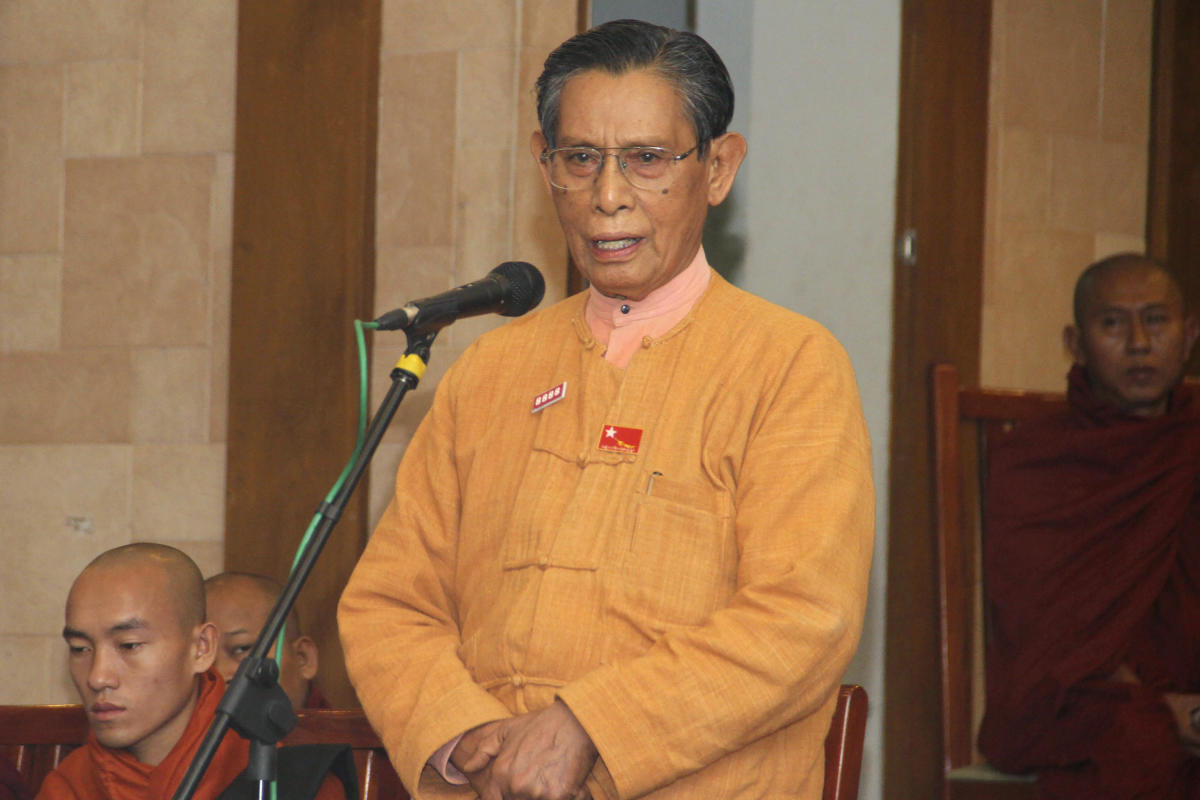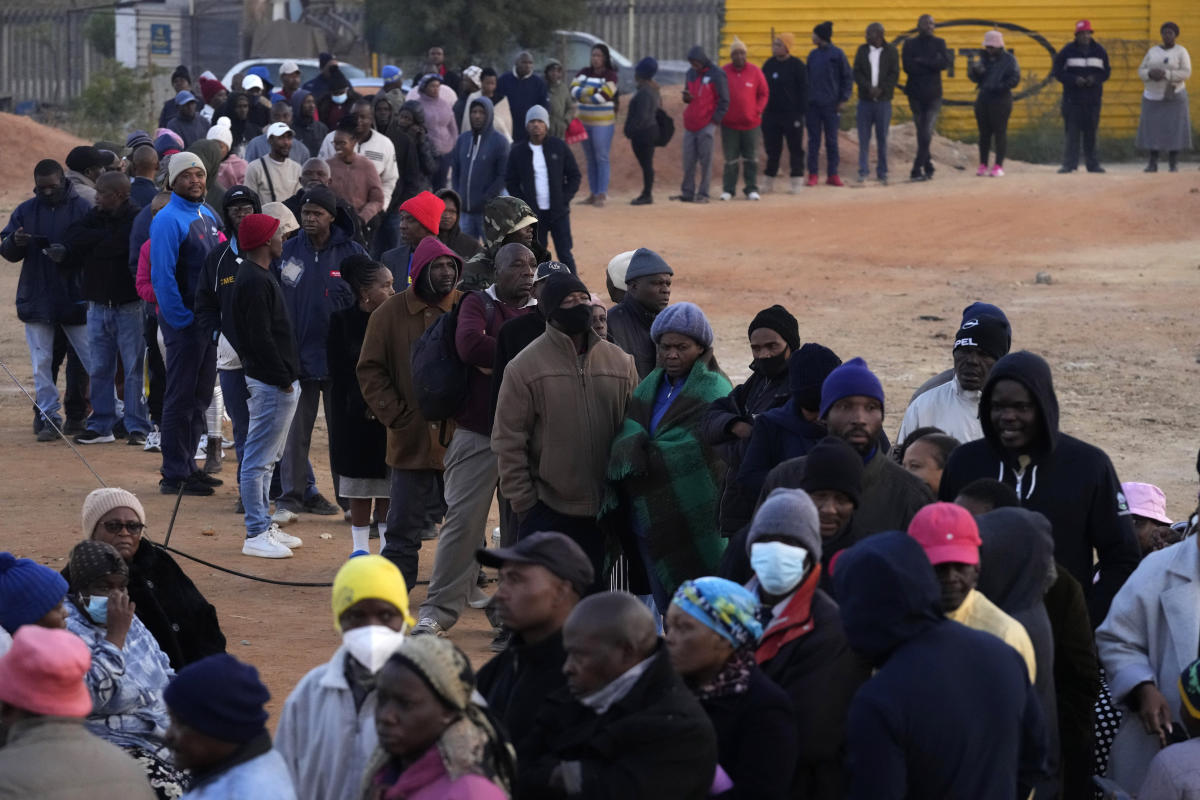BANGKOK (AP) — Tin Oo, one of the closest associates of Myanmar’s ousted leader Aung San Suu Kyi as well as a co-founder of her National League for Democracy party, has died. He was 97.
Tin Oo died Saturday morning at Yangon General Hospital, said Moh Khan, a charity worker citing a member of his family. Charity workers in Myanmar handle funeral arrangements.
Moh Khan said Tin Oo had been hospitalized at Yangon General Hospital on Wednesday due to difficulty urinating and other health problems, including weakness. His cause of death was not immediately announced.
In 1988, Tin Oo helped found the National League for Democracy with Suu Kyi after a failed revolt against military rule. He became vice chairman, then chairman of the new party.
But when the military cracked down the following year, he was put under house arrest, as was Suu Kyi. Similar to her, he spent 14 of the next 21 years under house arrest or in prison before he was released ahead of the 2010 general election. The party had won a 1990 election, but the results were annulled by the ruling military.
When the party was allowed to fully resume political activities, Tin Oo served as its senior leader and patron. He was often seen in public rallies, and he helped campaign with Suu Kyi for the 2015 election, which the party won by a landslide.
Suu Kyi’s government was ousted by the army in 2021 after winning a second term in the 2020 election. Suu Kyi was arrested and tried on a series of charges that were widely seen as concocted for political reasons to keep her locked up. Tin Oo was not arrested and allowed instead to stay quietly at his Yangon home.
Tin Oo’s background was unusual for a senior politician, as he joined the National League for Democracy after a high profile military career.
He had been the fourth commander-in-chief of the armed forces between 1974 and 1976 under the government of the late dictator Gen. Ne Win. A year after his retirement, he was imprisoned for allegedly withholding information about a failed coup against Ne Win, but was released in 1980 under an amnesty.








